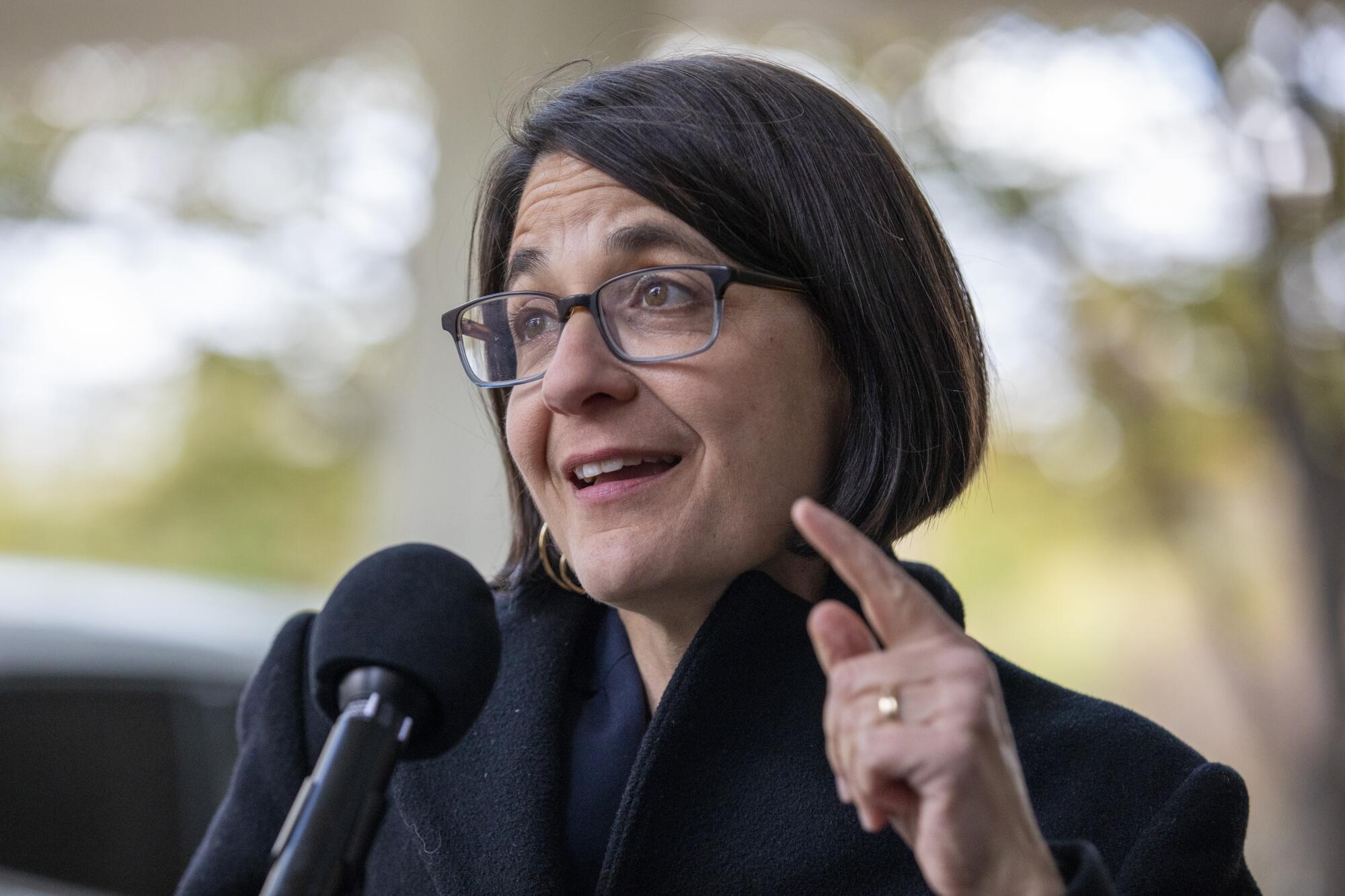MUMBAI (Reuters) – Indian Prime Minister Narendra Modi’s Bharatiya Janata Party (BJP) skipped any reference to structural economic reforms, such as changes to labour and land laws, in its manifesto ahead of elections, Citi economists said in a note on Monday.
The BJP promised to create jobs, boost infrastructure and manufacturing and expand welfare programs such as low-ticket subsidised loans to small businesses if it wins a third term.
“It could be a bit of a disappointment that the “big-bang” structural (but contentious) reforms of land, labor, agriculture, privatization, opening up to foreign investment etc did not find any mention in the manifesto,” Citi economists Samiran Chakraborty and Babar Zaidi said, adding that these could be announced at a later stage.
The general election starts on April 19 and will be held in seven stages until June 1, with the results expected on June 4.
Modi is widely tipped to stay in power on the back of his 10-year record, which includes strong economic growth, infrastructure projects, welfare handouts and aggressive Hindu nationalism.
“At a broad level, the manifesto is more tilted towards continuity than change,” Citi said.
The manifesto includes a strong infrastructure push, including building 28 kilometers per day (17.4 miles) of national highways, three new high-speed bullet trains and expanding the metro network.
“There is a definite aspiration in the manifesto towards making India a power to reckon with in global manufacturing,” the economists said.
(Reporting by Ira Dugal; Editing by Savio D’Souza)

